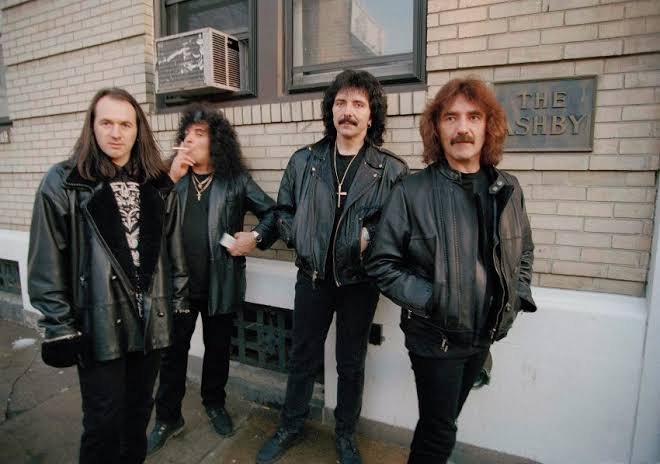
Tony Martin, known for his powerful vocals and underrated contribution to Black Sabbath’s later years, has recently opened up about his time with the iconic heavy metal band—particularly his departure, which he describes as something beyond his control.
Martin first joined Black Sabbath in 1987 during a turbulent period for the band. With original members in and out, and the group struggling to maintain its commercial success, Martin stepped in to front the band and recorded his debut album with them, The Eternal Idol. Despite a challenging environment, Martin’s voice brought a new level of strength and melody that would define an entire era of Sabbath that many fans still revere.
Over the next few years, Martin remained a constant presence during one of the band’s most unstable periods. He recorded multiple albums with Black Sabbath, including Headless Cross (1989), Tyr (1990), and Cross Purposes (1994). His performances blended the signature darkness of Sabbath with a more melodic and occasionally gothic flair, helping to shape a unique chapter in the band’s legacy.
However, in 1991, Martin’s initial tenure came to an abrupt end—not due to personal decisions, but as a result of internal shifts within the band. Black Sabbath briefly reunited with the late Ronnie James Dio, prompting Martin’s exit. Speaking candidly, Martin confirmed that the decision was not his: “It was the band’s call. They decided to reunite with Ronnie, and that left me out.”
Despite this, Martin expressed no bitterness. Instead, he described the moment as part of the unpredictable nature of being in a legendary band with such a complex and evolving lineup. “I understood the legacy that came with the name Black Sabbath,” he said. “And I knew that changes were always on the horizon.”
Martin would return to the fold briefly in the mid-90s, contributing to Cross Purposes and Forbidden (1995), before stepping away for good. Yet, his contribution has increasingly gained recognition from fans and critics alike, with many now calling for a reissue of the albums from his era—something Martin himself supports.
“I’m proud of what we created,” Martin said. “Those albums meant a lot to fans, even if they didn’t get the spotlight at the time.”
Today, Tony Martin continues to record and perform as a solo artist, keeping the spirit of classic metal alive while honoring his unique chapter in Sabbath’s storied history. His tenure may not have begun or ended on his terms, but his impact remains undeniable.
Leave a Reply